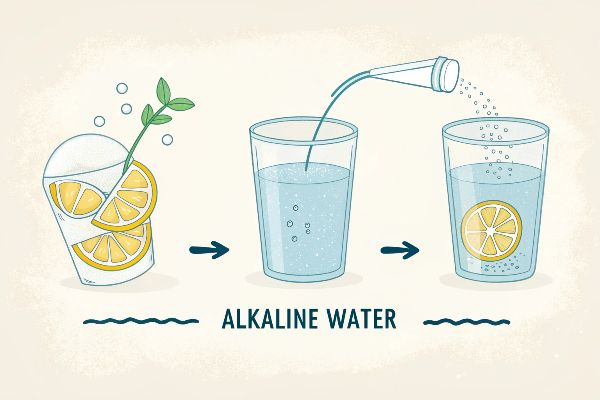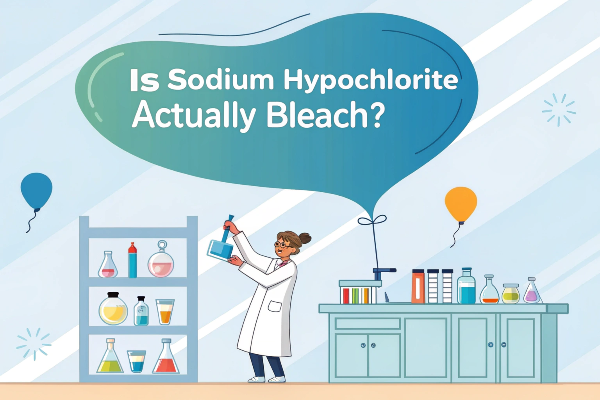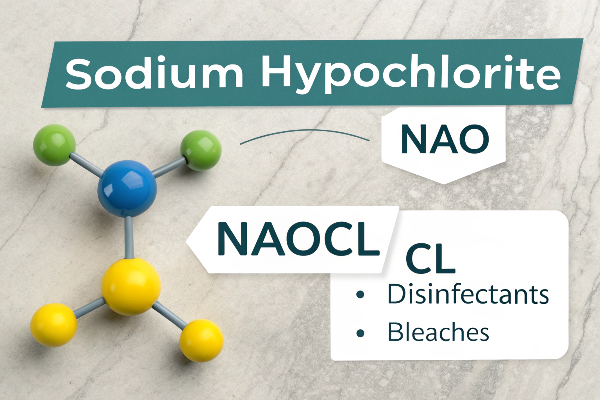Are you confused by the complex world of water treatment and the role of titanium anodes? It’s a valid concern, as the terminology and technology can be quite overwhelming.
Titanium anodes are primarily used in the electrochemical process of electrodialysis and electrochlorination for water treatment. They facilitate the separation of ions and the generation of chlorine-based disinfectants, respectively.
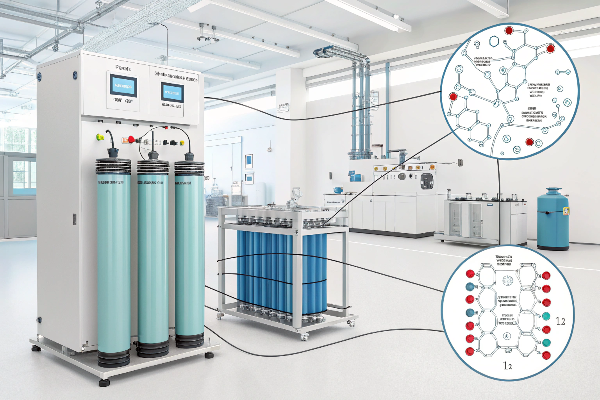
Let’s break down the specifics and look at related questions to build a complete picture of the use of titanium anodes in the water treatment process.
What is the Use of Titanium in Water Treatment?
Feeling frustrated by persistent water impurities, and seeking a robust solution? Traditional methods sometimes fall short, leaving you with ongoing concerns.
Titanium, in the form of coated titanium anodes, is used in electrochemical water treatment processes to remove contaminants and disinfect water. These processes include electrodialysis1, and electrochlorination2.
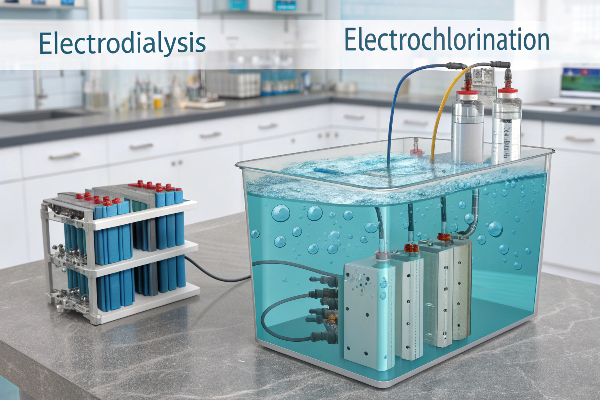
Dive Deeper into Titanium’s Role:
Titanium’s unique properties make it ideal for water treatment:
| Feature | Description | Benefit in Water Treatment |
|---|---|---|
| Corrosion Resistance | Titanium forms a stable, protective oxide layer that resists attack from various chemicals, including chlorine and salts. | Ensures long-term durability and performance of the anode in harsh water treatment environments. It helps to improve product life span. |
| Electrocatalytic Activity | The oxide layer can be modified with coatings (like iridium or ruthenium oxides) to enhance its ability to promote specific electrochemical reactions. | Enables efficient ion separation in electrodialysis or chlorine generation in electrochlorination. |
| Mechanical Strength | Titanium is a strong and lightweight metal. | Allows for the design of robust and efficient anode structures. |
| Biocompatibility | Titanium and its oxides are generally non-toxic and compatible to human body. | Making them useful and harmless for water purification. |
Why is Titanium Used as an Anode?
Struggle to understand why some materials perform better as anodes in electrochemical processes? The choice of anode material significantly impacts efficiency and longevity.
Titanium is used as an anode because of its exceptional corrosion resistance, high electrical conductivity, and the ability to tailor its surface with catalytic coatings.

Dive Deeper into Anode Material Selection:
An ideal anode material should possess:
- High Electrical Conductivity3: To minimize energy loss during the process.
- Corrosion Resistance4: To withstand the harsh chemical environment.
- Electrocatalytic Activity: To promote the desired electrochemical reactions.
- Mechanical Stability: To maintain its structural integrity.
- Cost-Effectiveness: To be economically viable for large-scale applications.
Titanium, especially when coated, meets all these requirements exceptionally well, surpassing other common anode materials like lead, graphite, and even platinum in many aspects.
What is an Anode in Water Treatment?
Confused by the term "anode" and its function in water purification? It’s fundamental to understand this component to grasp electrochemical treatment processes.
In water treatment, an anode is the positively charged electrode in an electrochemical cell. It’s where oxidation5 reactions occur, releasing electrons and driving the treatment process.
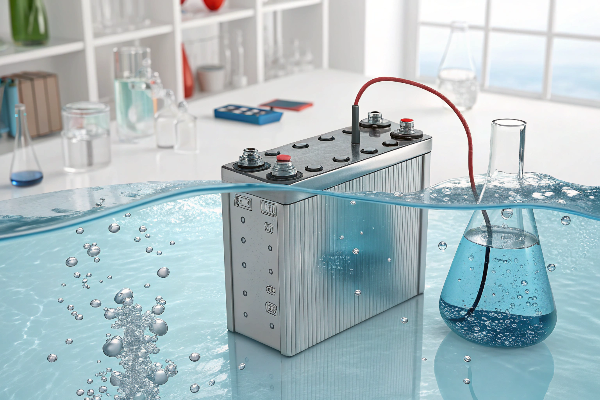
Dive Deeper into Anode Functionality:
- Electrochemical Cell: A setup with two electrodes (anode and cathode) immersed in an electrolyte (water with dissolved ions).
- Oxidation: At the anode, substances lose electrons (get oxidized).
-
Electrolysis: The process of using electricity to drive non-spontaneous chemical reactions.
- Example: In electrochlorination, chloride ions (Cl-) at the anode lose electrons and form chlorine gas (Cl2), a powerful disinfectant.
- Electron Flow: Released electrons flow from the anode to the cathode through an external circuit, completing the electrical circuit.
- Cation and Anion: Cation is the positively charged ion that will be attracted to the cathode, while anion is the negatively charged ion and be attracted to the anode.
Is Titanium Good for Electrolysis?
Wondering about the effectiveness of titanium in electrolysis compared to other metals? The efficiency of the electrolytic process6 hinges on the electrode material.
Titanium, particularly when coated with specific metal oxides, is excellent for electrolysis in water treatment due to its stability and ability to facilitate desired reactions.

Dive Deeper into Titanium’s Electrolytic Performance:
- Overpotential: The extra voltage required to drive a reaction beyond its theoretical value. Lower overpotential7 means higher efficiency.
-
Coating Importance: Pure titanium has a relatively high overpotential for some reactions. Coatings (e.g., iridium oxide, ruthenium oxide) significantly lower this, boosting efficiency.
- Example: For oxygen evolution (a common reaction at the anode), coated titanium8 anodes have much lower overpotentials than uncoated titanium or other metals.
- Selectivity: Coated Titanium anodes enhance selectivity, which is vital in water treatment applications.
What is the Disadvantage of Using Titanium?
Are there any drawbacks of titanium in water treatment? Even the most useful have limitation.
The primary disadvantage of using titanium is its higher initial cost9 compared to some alternative materials like graphite. However, its long lifespan10 and efficiency often make it more cost-effective in the long run.
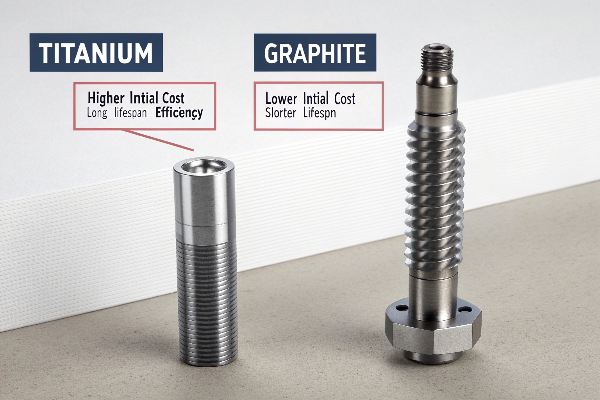
Dive Deeper into Cost Considerations:
- Initial Investment: Titanium metal is more expensive to produce than graphite.
- Long-Term Savings: The superior durability11 and reduced maintenance of titanium anodes often lead to lower operational costs over the system’s lifetime.
- Coating Cost: Coating is needed for specific applications, which adds an extra layer of cost.
Conclusion
Titanium anodes are crucial in electrochemical water treatment, especially in electrodialysis and electrochlorination. Their unique blend of strength and efficiency often outweighs the higher initial cost, offering great value.
-
Learn about electrodialysis, a key process in water treatment that utilizes titanium for effective contaminant removal. ↩
-
Discover the electrochlorination process and its significance in water purification, especially with titanium’s role. ↩
-
Learn how high electrical conductivity minimizes energy loss, making it a key factor in the efficiency of electrochemical processes. ↩
-
Understanding corrosion resistance is crucial for selecting durable anode materials, ensuring long-term performance in harsh environments. ↩
-
Oxidation is a key process in water treatment. Learn more about its significance and mechanisms by exploring this resource. ↩
-
Discover the key factors that impact the electrolytic process, essential for improving water treatment methods. ↩
-
Understanding overpotential is crucial for optimizing electrolysis processes; this resource will deepen your knowledge. ↩
-
Explore how coated titanium enhances efficiency and selectivity in electrolysis, making it a top choice for water treatment. ↩
-
Understanding the implications of higher initial costs can help you make informed decisions about material selection in water treatment. ↩
-
Exploring the benefits of titanium’s long lifespan can reveal its true value in water treatment applications. ↩
-
Discover how titanium’s superior durability can lead to significant operational savings and efficiency in water treatment. ↩



